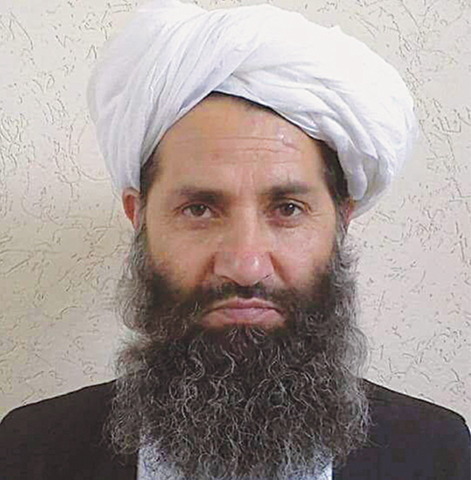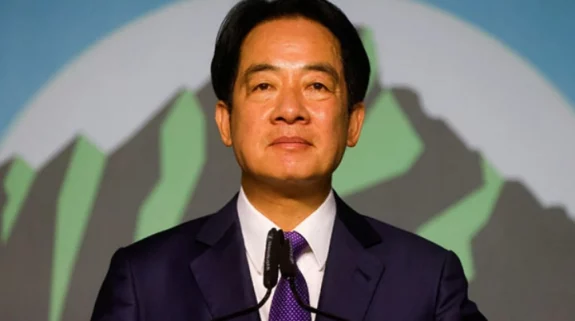The Taliban's top leader Mullah Haibatullah Akhundzada has been absent from important meetings and has not been seen in public for the last one year, triggering speculation about his physical status.
Citing the intelligence reports, Afghanistan’s National Security Adviser Hamdullah Mohib said during a press conference on Saturday that Taliban leaders had not been in contact with their supreme leader for one year.
“Taliban have had no contact with Mullah Haibatullah for the last 12 months. There is no information available whether he is alive or dead? No one had heard his voice and no one had met him. Intelligence information proves it,” the Pajhwok news quoted him saying.
No contact made with Haibatullah since a year: Mohib
According to senior Afghan intelligence, army and NATO officials, most decisions of the Taliban regarding peace and security are being taken by the group’s deputy leader, Sirajuddin Haqqani, the leader of the infamous Haqqani network, known for working hand-in-glove with Pakistan’s Inter-Services Intelligence (ISI).
But the Taliban spokesman, Zabihullah Mujahid told Pajhwok Afghan News that Mullah Haibatullah was alive and was doing his job. Mujahid said that all their leaders and officials are in contact with the supreme leader. They take his advice on all important issues and share their reports with him.
He added that Akhundzada is in a safe and secure place, and his absence in public was driven by security reasons.
There have been several reports that senior leaders of the Taliban are in a safe hideout near Quetta under the protection of the Pakistani army. Few weeks ago, members of the Taliban negotiating team had travelled to some undisclosed locations near Quetta for further consultations with their senior leaders, but the absence of the top leader’s name stood out.
Three months ago, there were media reports that Akhundzada had been killed in a bomb blast in a mosque in Quetta. His brother and a number of people of his seminary had apparently also suffered casualties in the incident, which is said to have taken place in April 2020.
The Taliban had rejected the report. Taliban leader Ahmadullah Wasiq said on Twitter: “This is false news and baseless rumours have no truth. Spreading such rumours and false news is a failed propaganda attempt by the enemy's intelligence services. The enemy wants to hide its defeats in such rumours and distract the people’s minds.”
دا یو کاذب خبر او بې بنیاده افواه ده هیڅ حقیقت نلري
داسې اوازې او کاذب خبرونه خپرول د دښمن د استخباراتي کړيو ناکامه تبلیغاتي هڅه ده.
دښمن غواړي خپل شکستونه په داسې اوازو پټ کړي او ذهنونه بل خوا مصروف کړي pic.twitter.com/ynhDtVYknr— Ahmadullah wasiq (@WasiqAhmadullah) February 14, 2021
However, it is not unknown for the Taliban to hide the death of its leaders.
Mullah Omar’s death in Pakistan in 2013 was kept hidden from the public by the Taliban for about two years. The group confirmed the death in July 2015 only after Afghanistan’s spy agency went public with the development.
Mullah Omar’s successor, Mullah Akhtar Mansour, was killed in a US drone strike in Balochistan, in May 2016. Akhundzada was named the new head of the Taliban days later. He was previously the Taliban’s chief justice and most of the decisions and fatwas were made by him.
It is no secret that scores of top Afghan Taliban leaders are based in Pakistan. The top leadership council is called the “Quetta Shura” because most of its members are based in Quetta.
This year, Salaam Times raised the issue about the whereabouts of the Taliban supremo. It said that no voice clip of the Taliban’s leader had been released since a year and his Eid messages were all in written form.




















